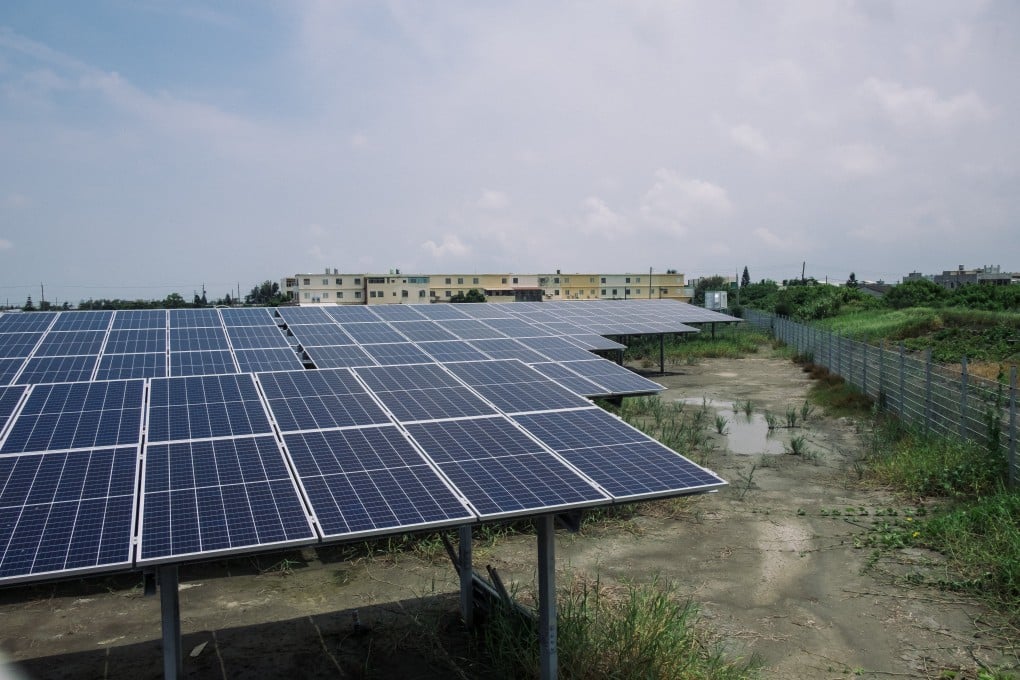Taiwan leads Asia in share of ESG assets as dearth of options at home drive funds offshore in search of green energy investments
- Taiwanese investors held more ESG assets as a total share of assets under management than any Asian economy in the third quarter of last year
- Although socially responsible investing is taking off, Taiwan faces a number of hurdles – chief among them is a lack of established domestic ESG funds

A wave of environmental, social and governance (ESG) investment fervour is sweeping Taiwan, turning the island into a leader in Asia as the market for sustainable investing takes off.
Taiwanese investors held more ESG mutual fund and exchange traded fund assets as a total share of assets under management than any Asian economy in the third quarter of last year, Fitch Ratings estimated in February.
Though the range of Taiwanese ESG funds is still limited, the amount flowing into sustainable and ethical assets has ballooned from NT$31.2 billion (US$1 billion) in 2018, to NT$113.8 billion in 2019 and NT$211.4 billion last year, according to data from Fitch and Lipper for Investment Management.
The beauty of ESG is you can be a responsible investor and still expect a good return
“I would say in Taiwan the fund managers or the high-net-worth investors have a relatively high awareness or appreciation in ESG,” Yeung said. “The beauty of ESG is you can be a responsible investor and still expect a good return.”